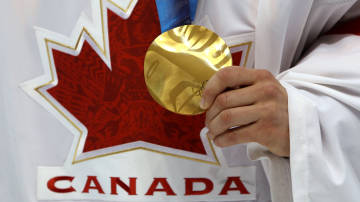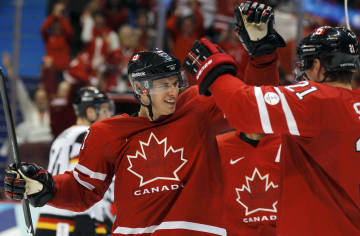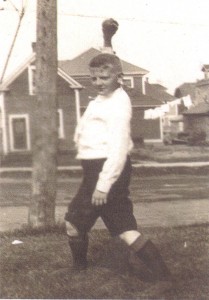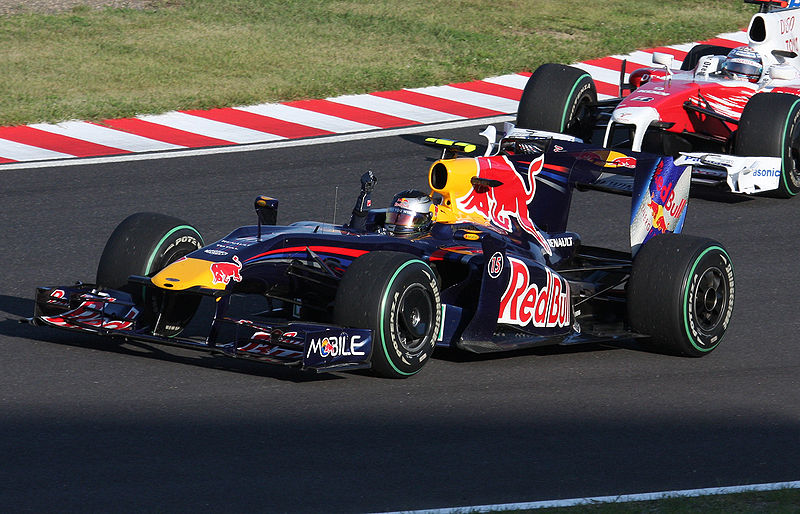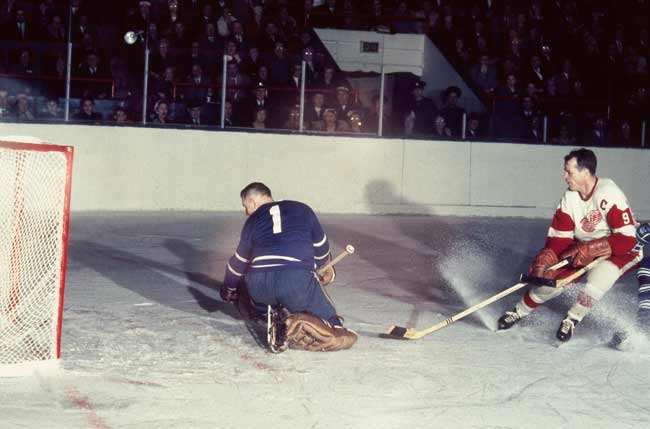
Gordie Howe and Denis Brodeur
Here’s Frye on pucks
For all Canucks
And others who like
Sports on ice.
Tim Horton knew
That Norrie flew
Around the rink
Not once but twice.
Watching a hockey game is not directly a spectator sport, because anyone interested enough in hockey to watch a game knows how the game is played, & through that knowledge can see much more of what is going on, with or without a commentator, than the players. (CW 13, 95)
The difference between leisure and distraction or boredom is not so much in what one does as in the mental attitudes toward it. It’s easiest to see this if we take extreme examples. Our television sets and highways are crowded on weekends with people who are not looking for leisure but are running away from it. Leisure goes to a hockey game to see a game: distraction or boredom goes to see one team trample the other into the ice. (CW 10, 224)
Wherever we turn in this problem, we keep falling over the word “education”: but if education means trying to get people to stop going to hockey games and go to discussion groups on great books instead, education isn’t going to help much either. (ibid., 225)
We get bored because we feel that something is missing inside ourselves. We look outside ourselves for the missing place, either aggressively, by trying to bully somebody, or by trying to forget about ourselves by throwing ourselves into some kind of illusion. For this state of mind, illusion is a lot better than reality. Far better to go into squealing hysterics over a rock‑and-roll singer than over a dictator: far better to fight the Russians in a hockey game than on a battlefield. But illusion can’t fool everybody all the time. Some people, sooner or later, have to wake up and look for the missing piece inside themselves. (ibid., 225)
The television camera, being essentially an extension of one person’s eyes, peers, squints, and pries; it is looking for a single visual focus. The focus is “where it’s at,” and television has a great deal to do with the obsession of the last few years with this phrase. If we ask what television does best in extending the individual’s visual range, it seems clear that it is particularly good at, for example, football and hockey games. These are, as I suggested earlier, different from baseball in that they are specifically “where it’s at” games, where it’s at being usually where the ball or puck is. Focussing on the ball or puck also clarifies the pattern of opposition in the game being played: that is, it illustrates the strategy of one team confronting another. The result is that television tends to report everything as though it were some kind of football or hockey game, and the vogue for “confrontation” and polarized issues is a major social feature of society’s effort to absorb the television way of seeing. (ibid., 296)
I wish the makers of such films would realize that no event has any meaning without its visual context and without its historical context. This program was what André would call incestuous: it was begotten, born, and bred of the television medium. It looks dead now, for the same reason that no one wants to hear about last year’s football games. The assumption throughout was that a person’s “real” character is the one he would demonstrate on one side or the other of a polarized issue, and this assumption is preposterous. The confrontation issue, including football and hockey games, is a form of social ritual. (ibid., 298)
Continue reading →
